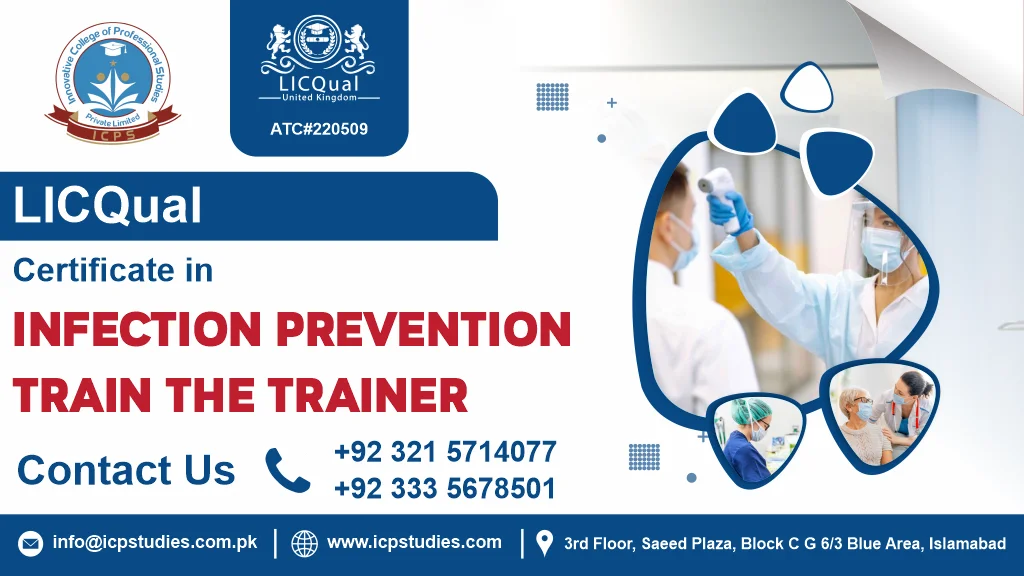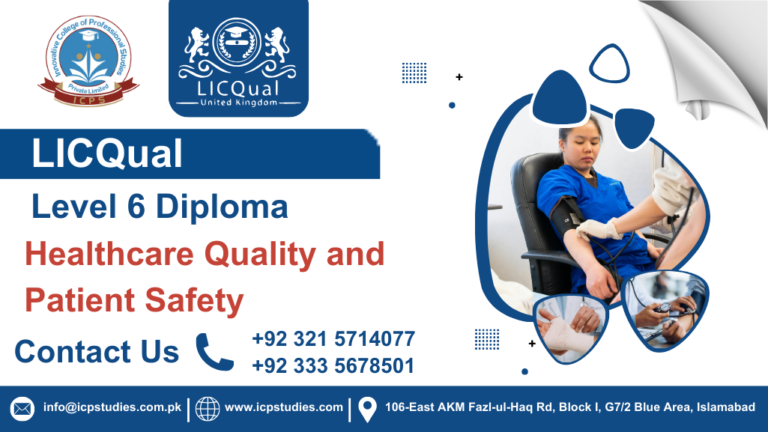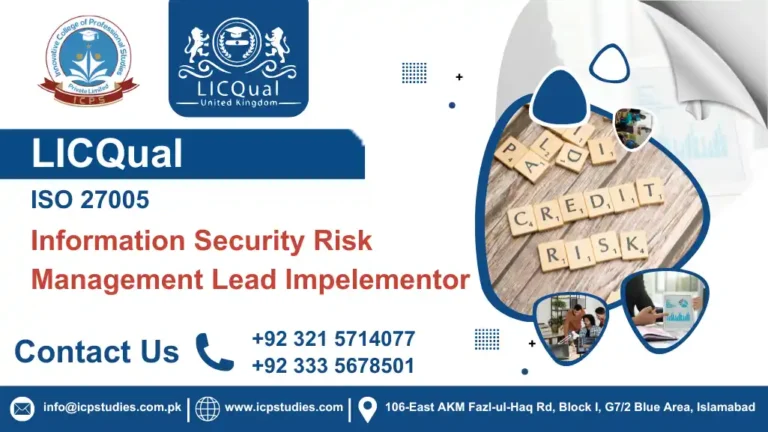Infection prevention is critical in maintaining the health and safety of patients and staff in any healthcare setting. As new pathogens emerge and best practices evolve, the need for up-to-date, effective training in infection control becomes even more essential. The Certificate in Infection Prevention Train the Trainer is designed to address this need by equipping individuals with the skills and knowledge required to train others in infection prevention practices.
The Certificate in Infection Prevention Train the Trainer is a specialized qualification aimed at developing the expertise of individuals who will be responsible for training others in infection prevention and control within healthcare environments. This course provides trainers with the essential tools and methodologies needed to effectively educate and influence their colleagues and staff on maintaining high standards of infection prevention.
The Certificate in Infection Prevention Train the Trainer is a crucial investment for those committed to improving infection control practices and ensuring the highest standards of safety within healthcare settings. By equipping professionals with advanced training skills and up-to-date knowledge, this certification not only enhances individual careers but also contributes to the overall well-being of patients and healthcare workers alike.
All About Certificate in Infection Prevention Train the Trainer
Course Overview
The Certificate in Infection Prevention Train the Trainer is a professional qualification designed to equip individuals with the skills and knowledge required to effectively train others in infection prevention and control within healthcare settings. This certification focuses on developing trainers who can educate and influence staff on best practices to prevent and control infections, ensuring a safer environment for both patients and healthcare workers.
Certificate in Infection Prevention Train the Trainer is a vital credential for those who play a key role in training and guiding healthcare professionals on infection control. It ensures that trainers are equipped with the knowledge and skills to implement effective training programs, thereby improving infection prevention practices and enhancing safety within healthcare environments.
Study Units
- Introduction to Infection Prevention and Control
- Understanding Healthcare-Associated Infections (HAIs)
- Infection Prevention Guidelines and Best Practices
- Designing Effective Training Programs
- Communication and Presentation Skills for Trainers
- Training Evaluation and Feedback
- Hands-on Training and Simulation Exercises
To enroll in the LICQual Certificate in Infection Prevention Train the Trainer, applicants should meet the following criteria:
- Relevant Background: Candidates should have a background in health and social care, infection control, or a related field. This can include professionals such as nurses, healthcare assistants, or other healthcare practitioners.
- Previous Training Experience: While not mandatory, prior experience in training or teaching is highly beneficial. Candidates should demonstrate an understanding of training methodologies and adult learning principles.
- Basic Qualifications: A minimum of a Level 2 qualification in health and social care or equivalent is typically required. This ensures that participants have foundational knowledge in the field.
- Commitment to Infection Prevention: Applicants should have a strong interest in infection prevention and control practices, as well as a commitment to promoting safe practices in healthcare settings.
- Communication Skills: Strong verbal and written communication skills are essential for effectively delivering training sessions and engaging with participants.
- Assessment of Competence: Candidates may be required to complete a pre-course assessment or interview to evaluate their suitability for the program.
- Continuous Professional Development: Participants should be committed to ongoing professional development in infection prevention and control.
- The LICQual Certificate in Infection Prevention Train the Trainer is designed for a variety of professionals involved in healthcare and related fields. Ideal candidates include:
- Healthcare Professionals: Nurses, doctors, and allied health professionals looking to enhance their expertise in infection prevention and share their knowledge with others.
- Infection Control Practitioners: Individuals currently working in infection control who want to develop training skills and promote best practices in their organizations.
- Training Coordinators: Professionals responsible for staff training within healthcare settings, aiming to implement effective infection prevention programs.
- Health and Safety Officers: Individuals focused on workplace safety who need to incorporate infection prevention measures into their safety protocols.
- Clinical Educators: Those involved in teaching and mentoring healthcare staff who wish to deepen their understanding of infection prevention and improve their training methods.
- Managers and Team Leaders: Supervisors in healthcare environments who want to ensure their teams are well-informed and compliant with infection prevention standards.
- Students in Health-Related Fields: Learners pursuing careers in healthcare and wishing to gain practical skills and knowledge in infection control.
Learning Outcome
The LICQual Certificate in Infection Prevention Train the Trainer course is designed for:
- Healthcare Professionals:
- Nurses, doctors, and allied health professionals seeking to enhance their infection prevention training skills.
- Infection Control Specialists:
- Individuals responsible for implementing and overseeing infection prevention protocols in healthcare settings.
- Training Coordinators:
- Professionals tasked with developing and delivering training programs related to infection prevention and control.
- Public Health Educators:
- Those involved in educating communities about infection prevention practices.
- Clinical Educators:
- Instructors and trainers in clinical settings aiming to improve their teaching methods and effectiveness.
- Quality Improvement Managers:
- Professionals focused on improving safety and quality of care in healthcare organizations through effective training.
- Regulatory Compliance Officers:
- Individuals ensuring adherence to infection control regulations and standards within healthcare facilities.
This course is ideal for anyone committed to advancing their knowledge and skills in infection prevention and effectively training others in this critical area.
FAQs about Certificate in Infection Prevention Train the Trainer







